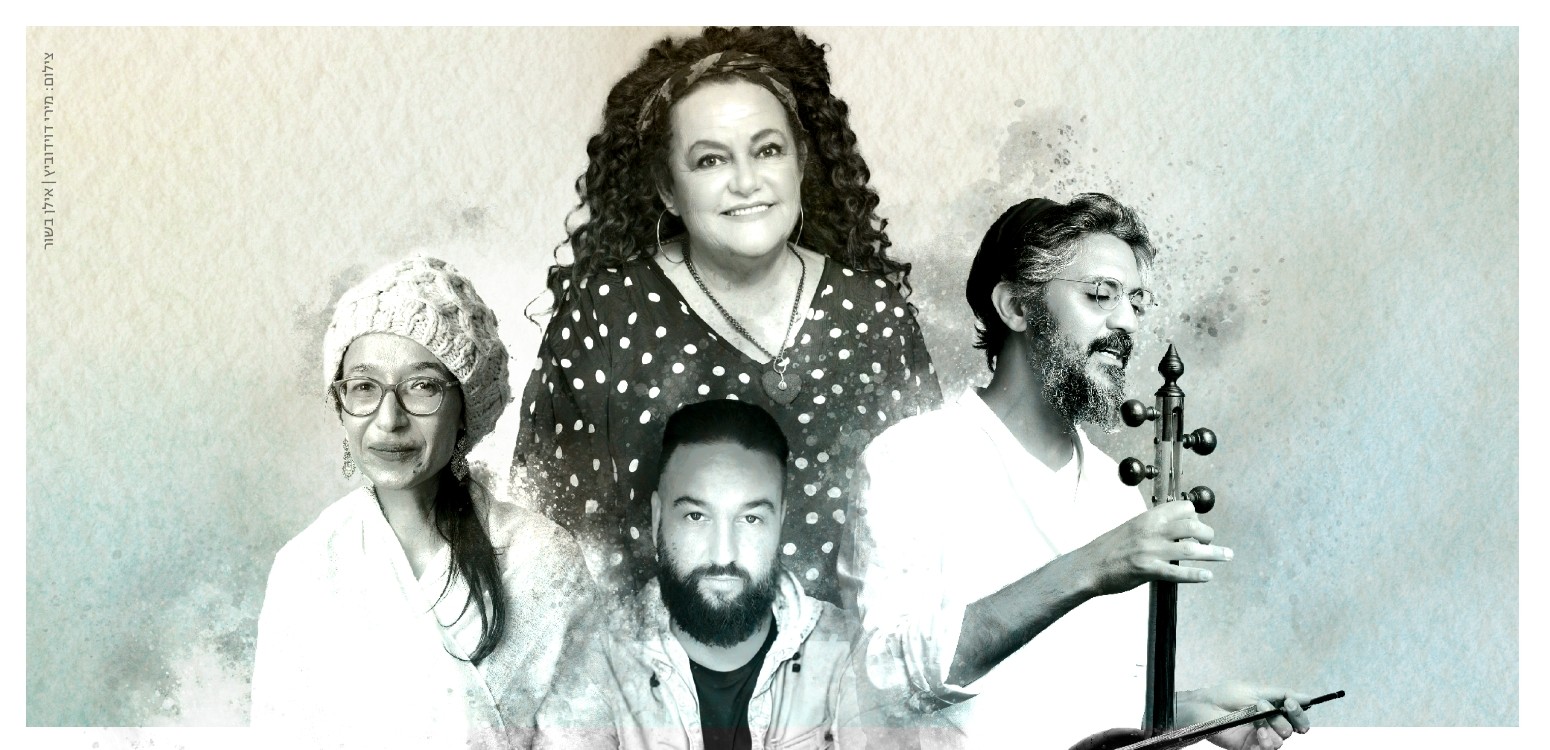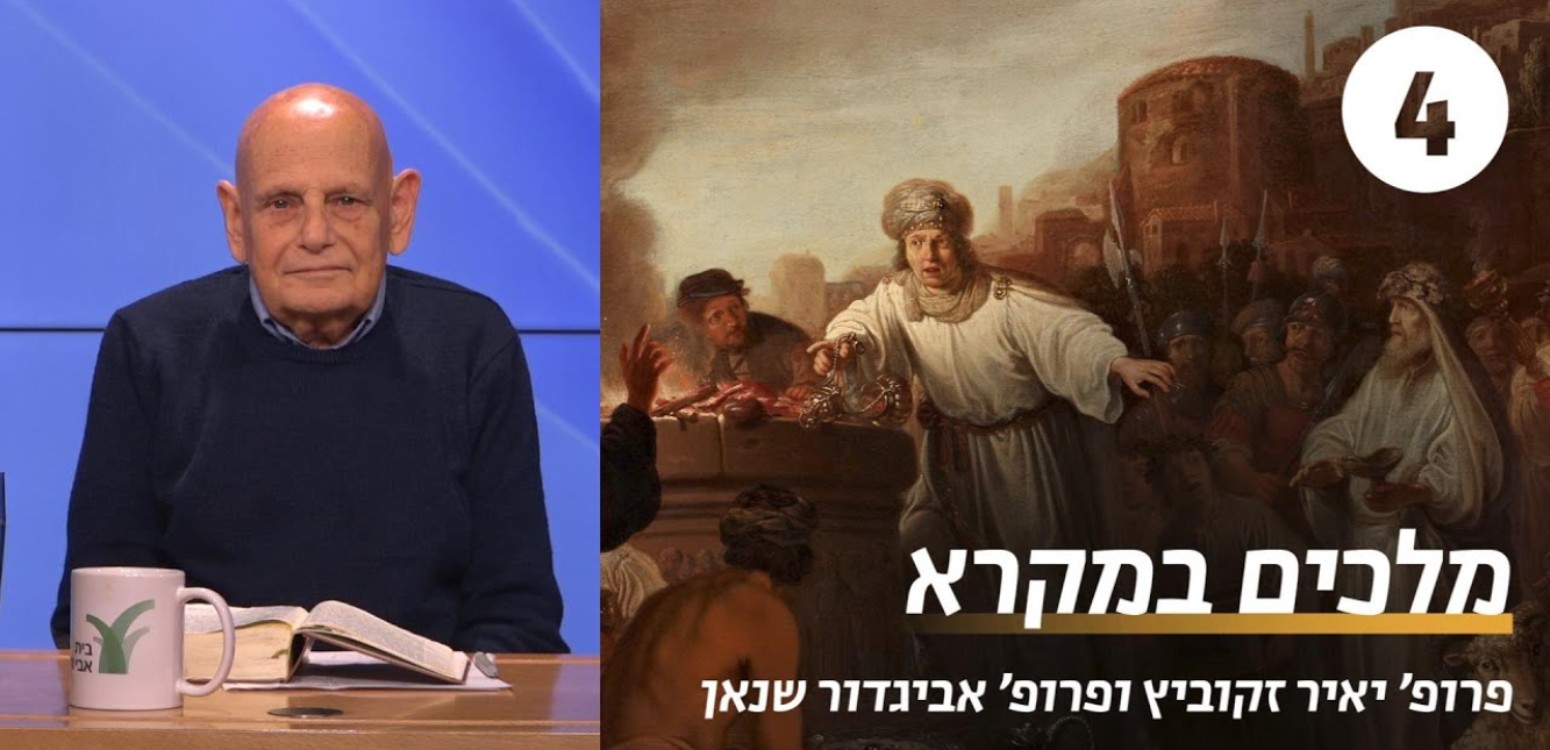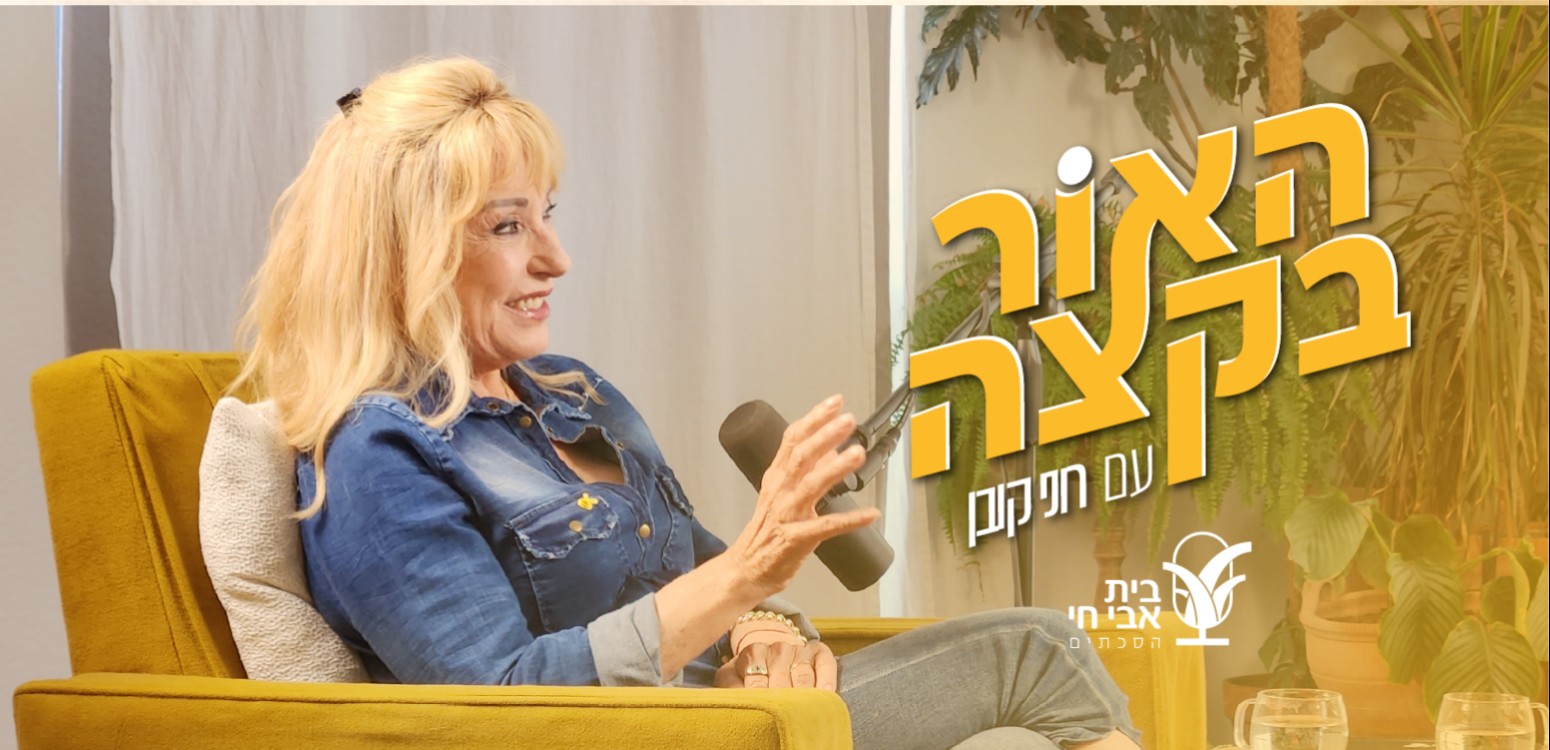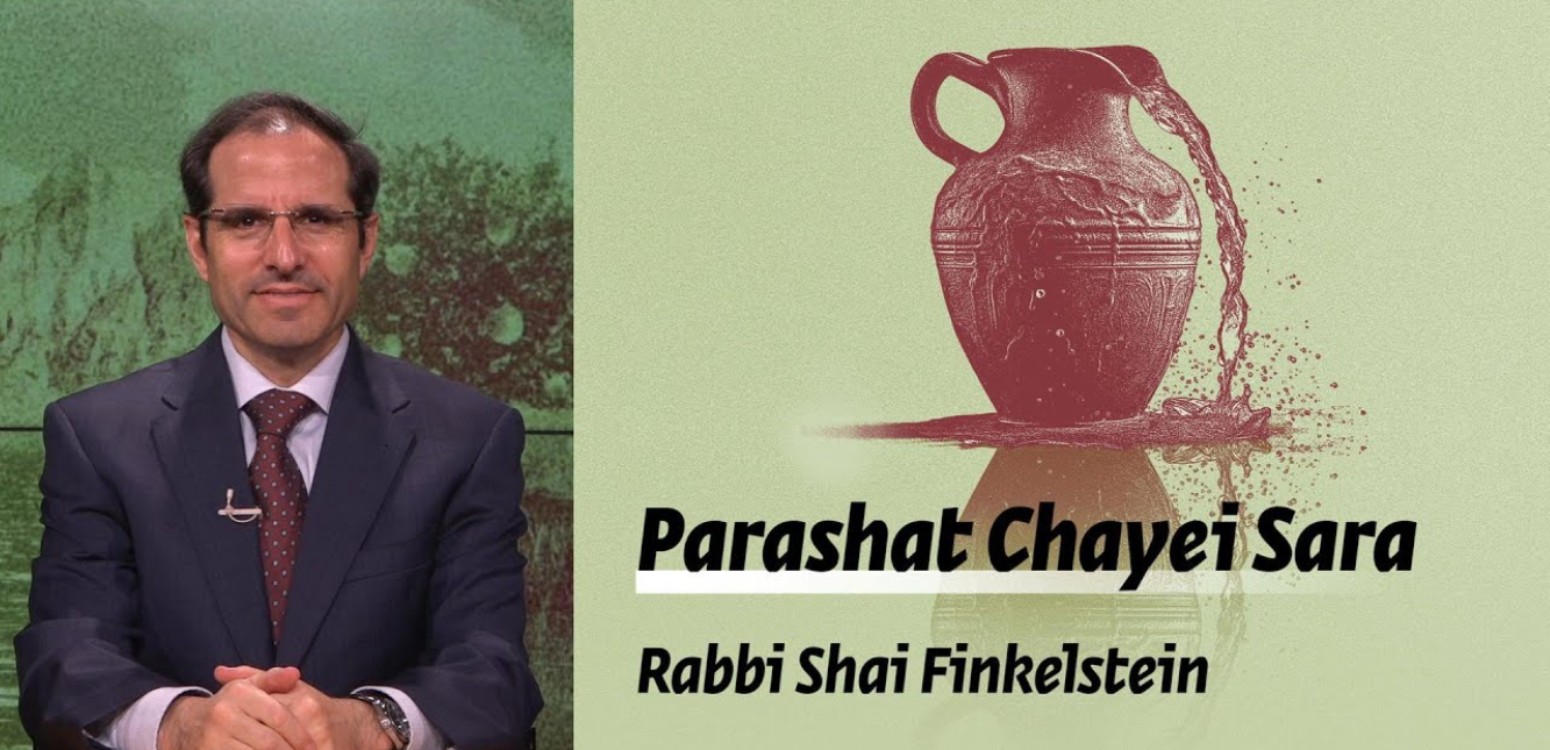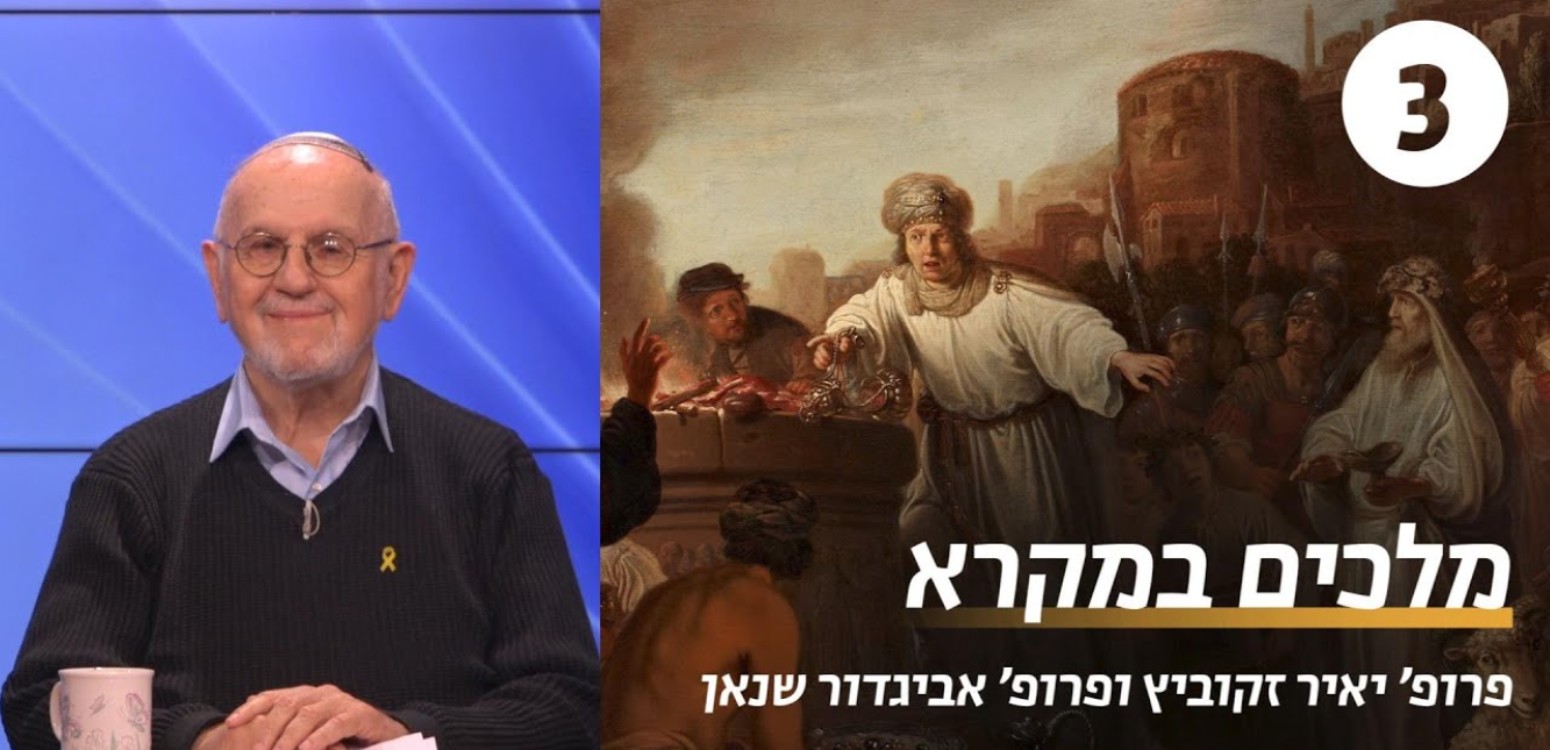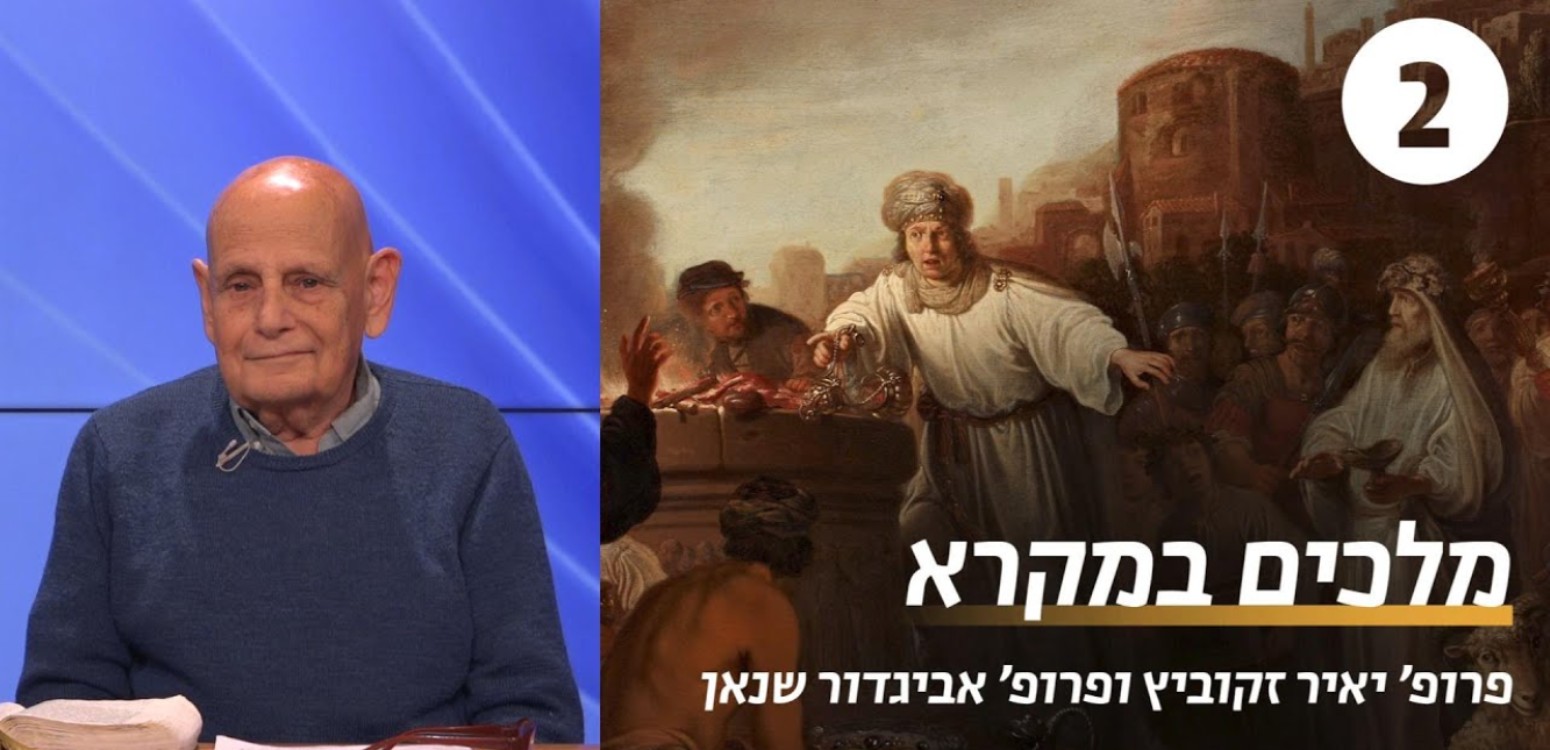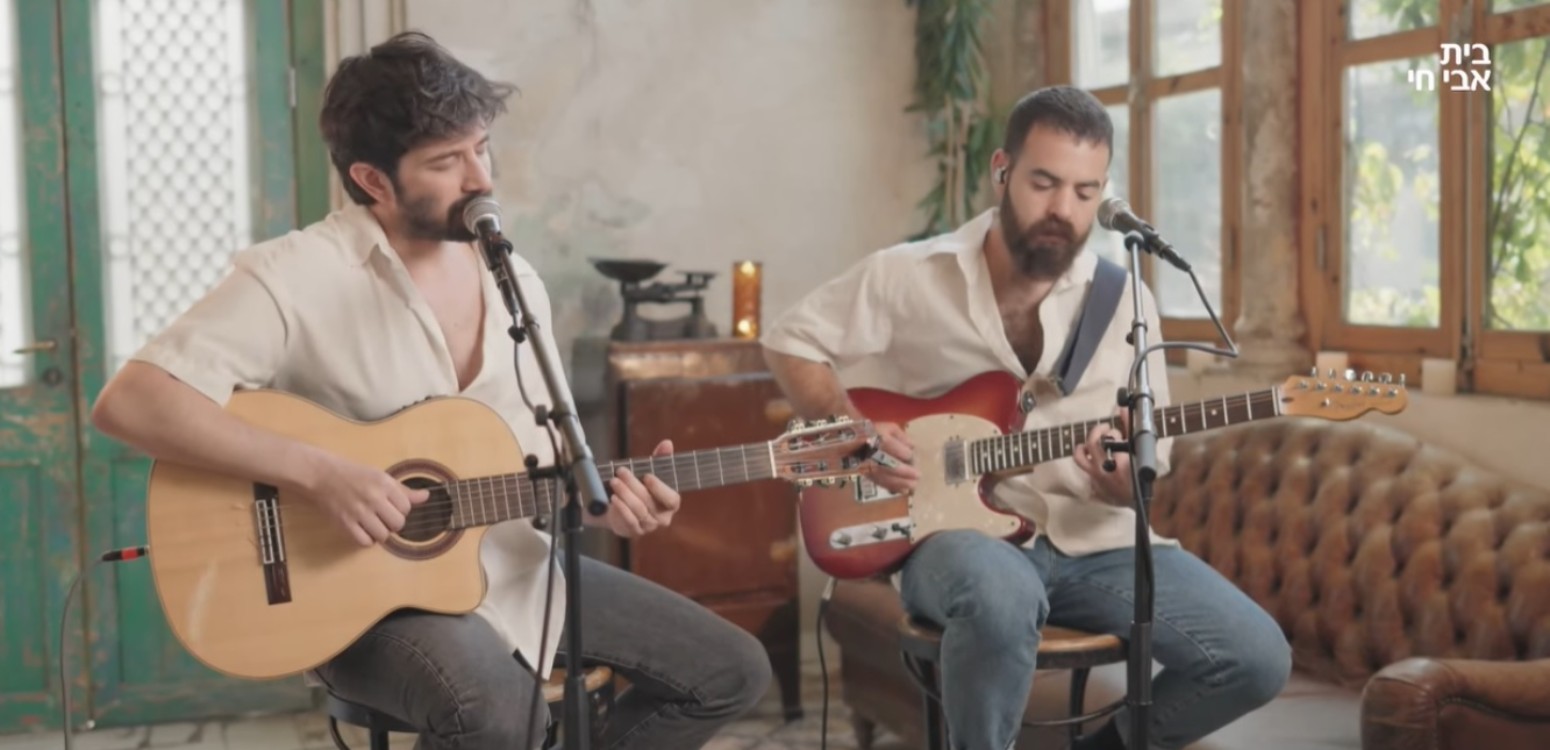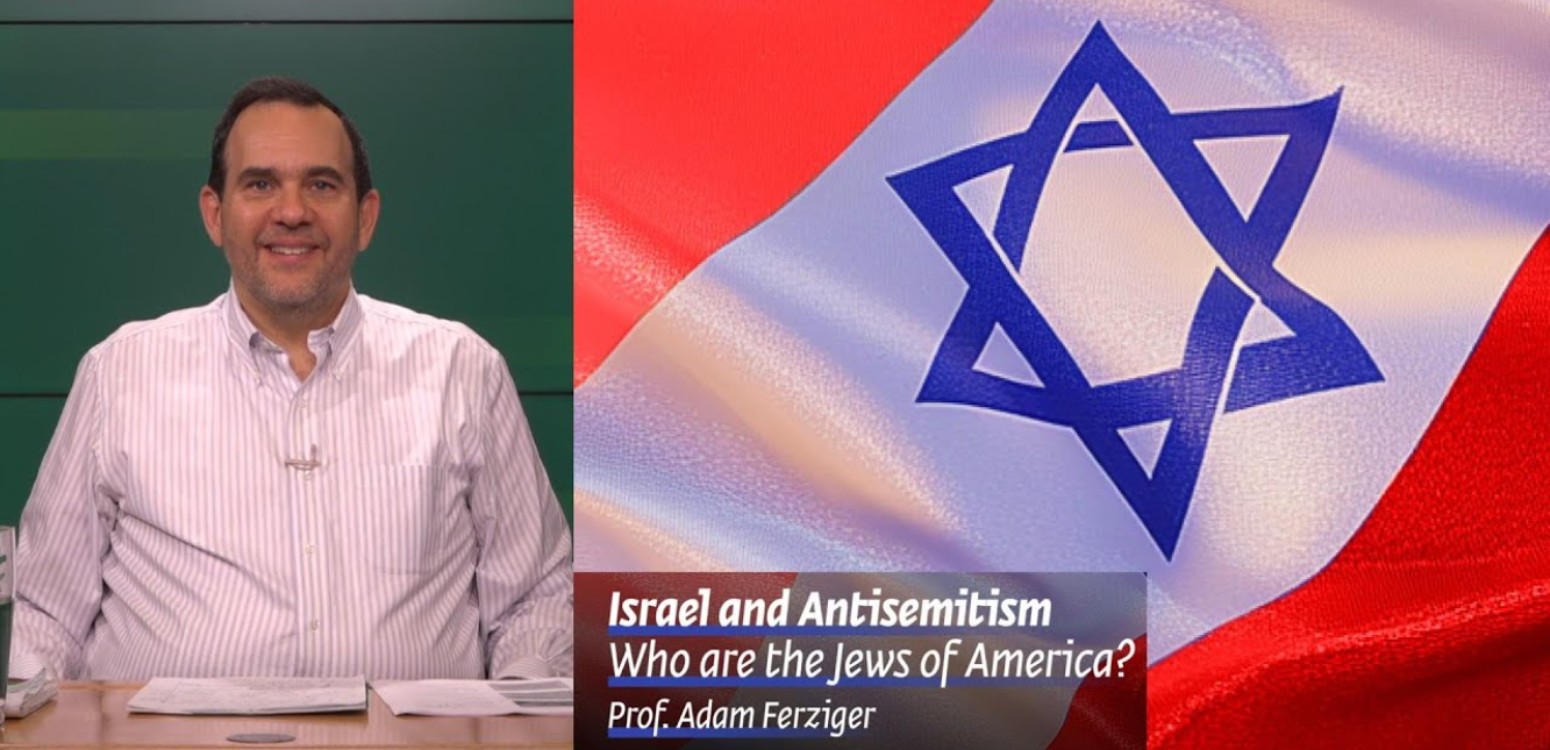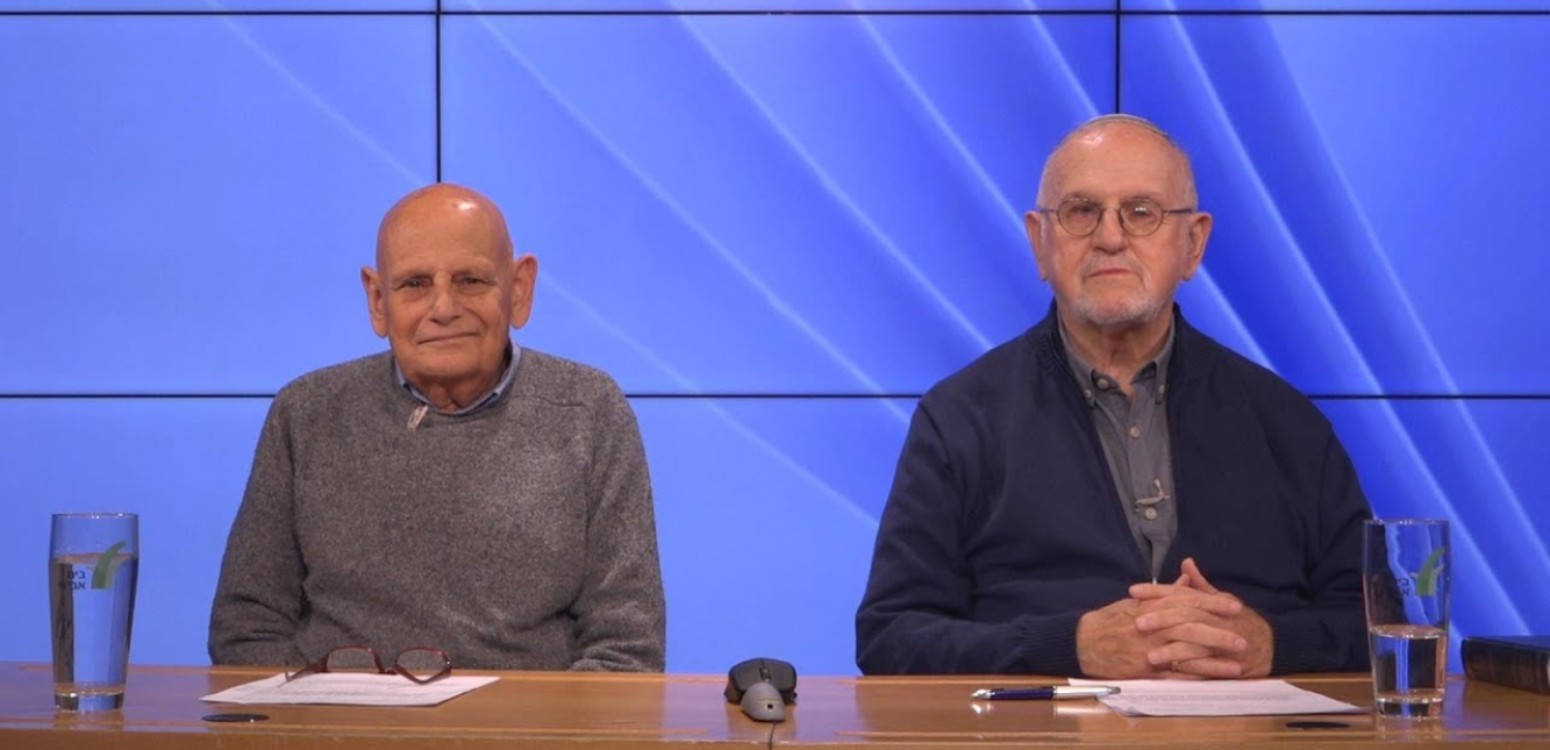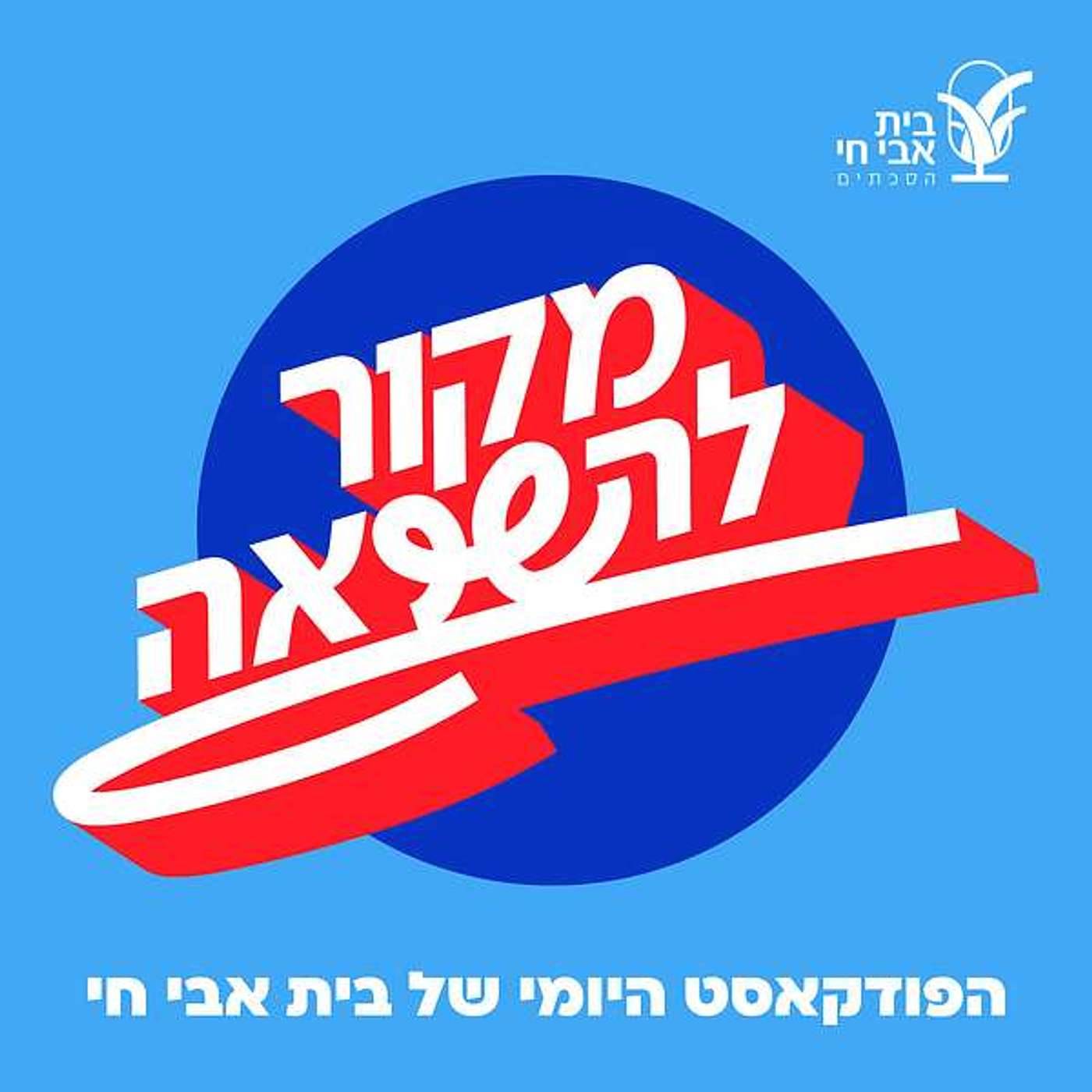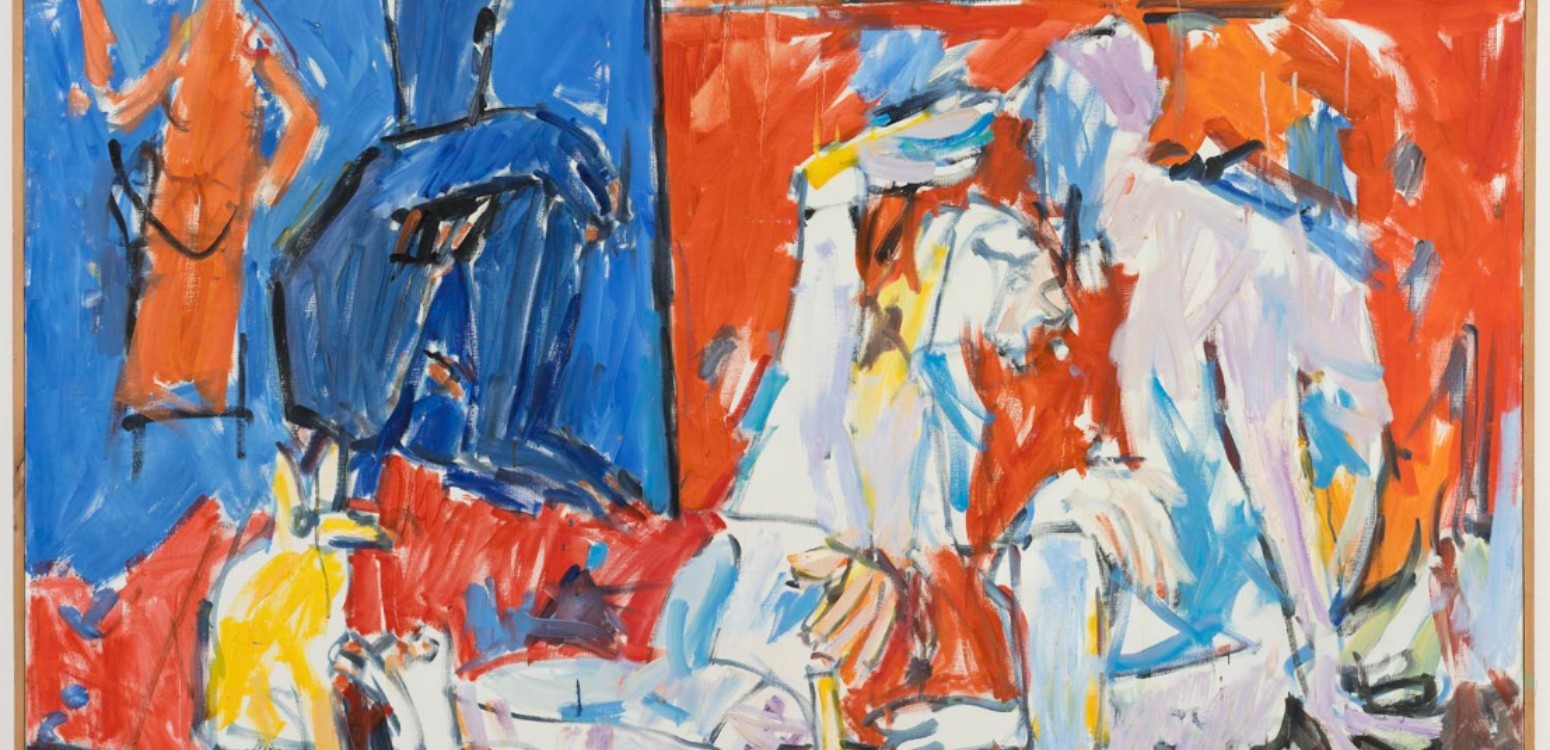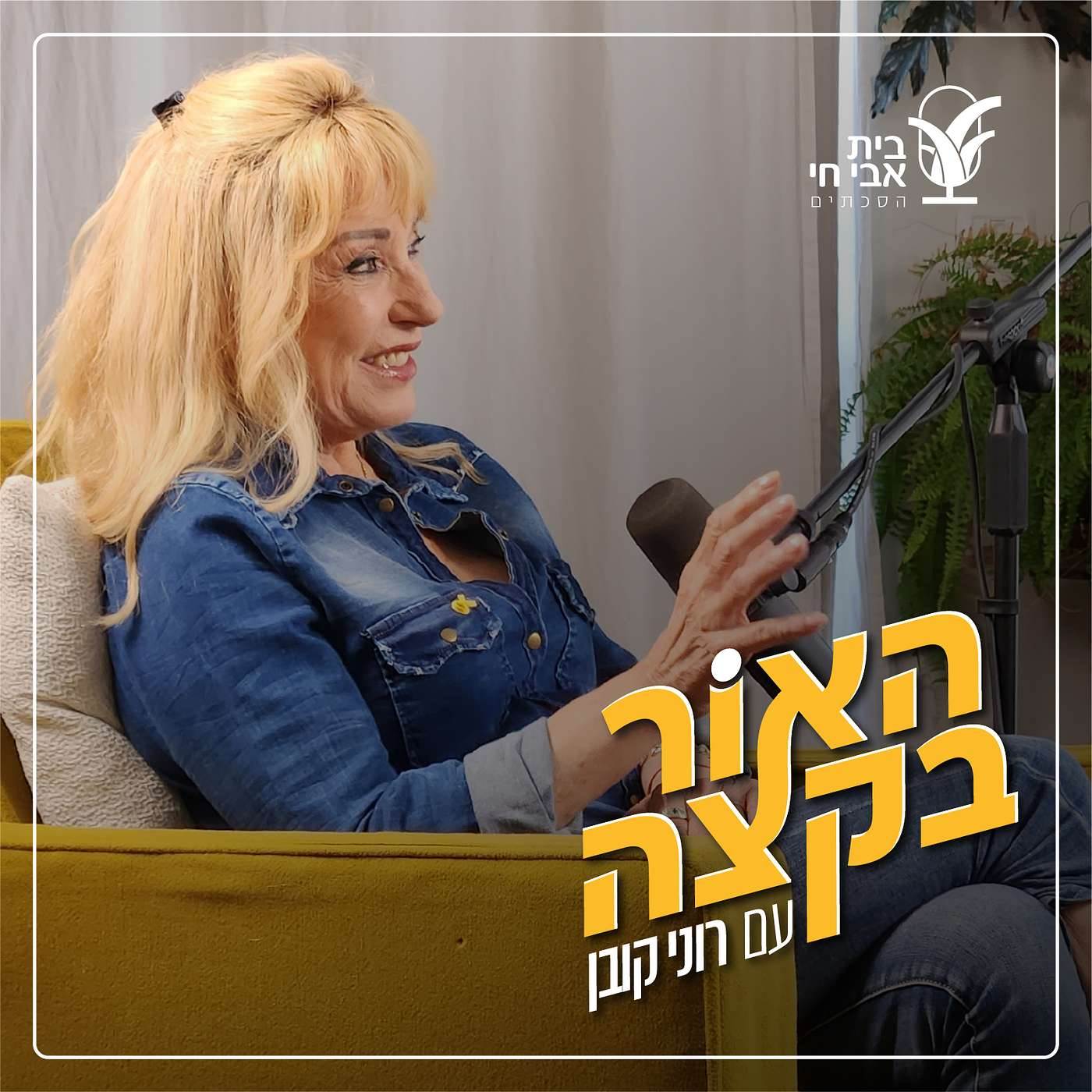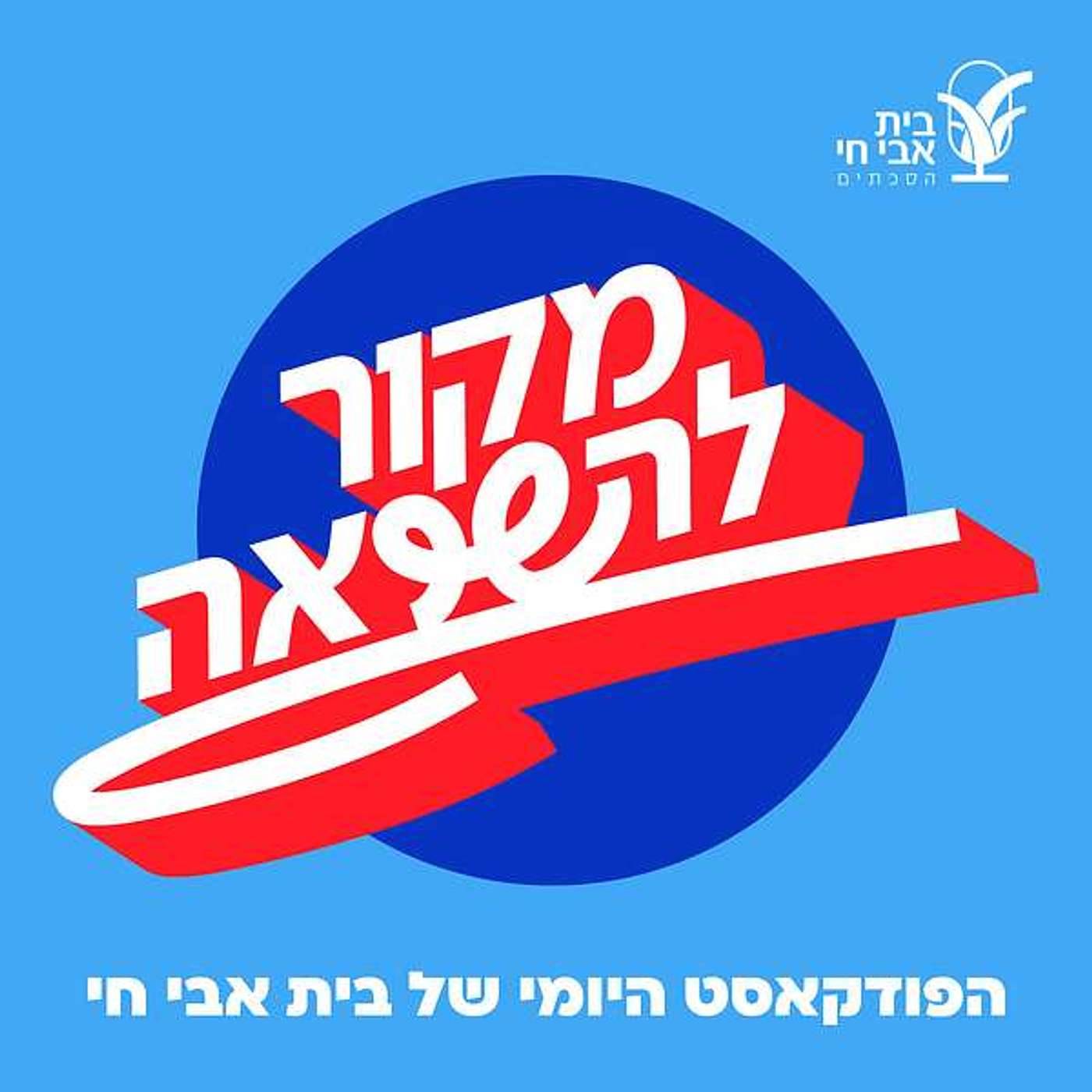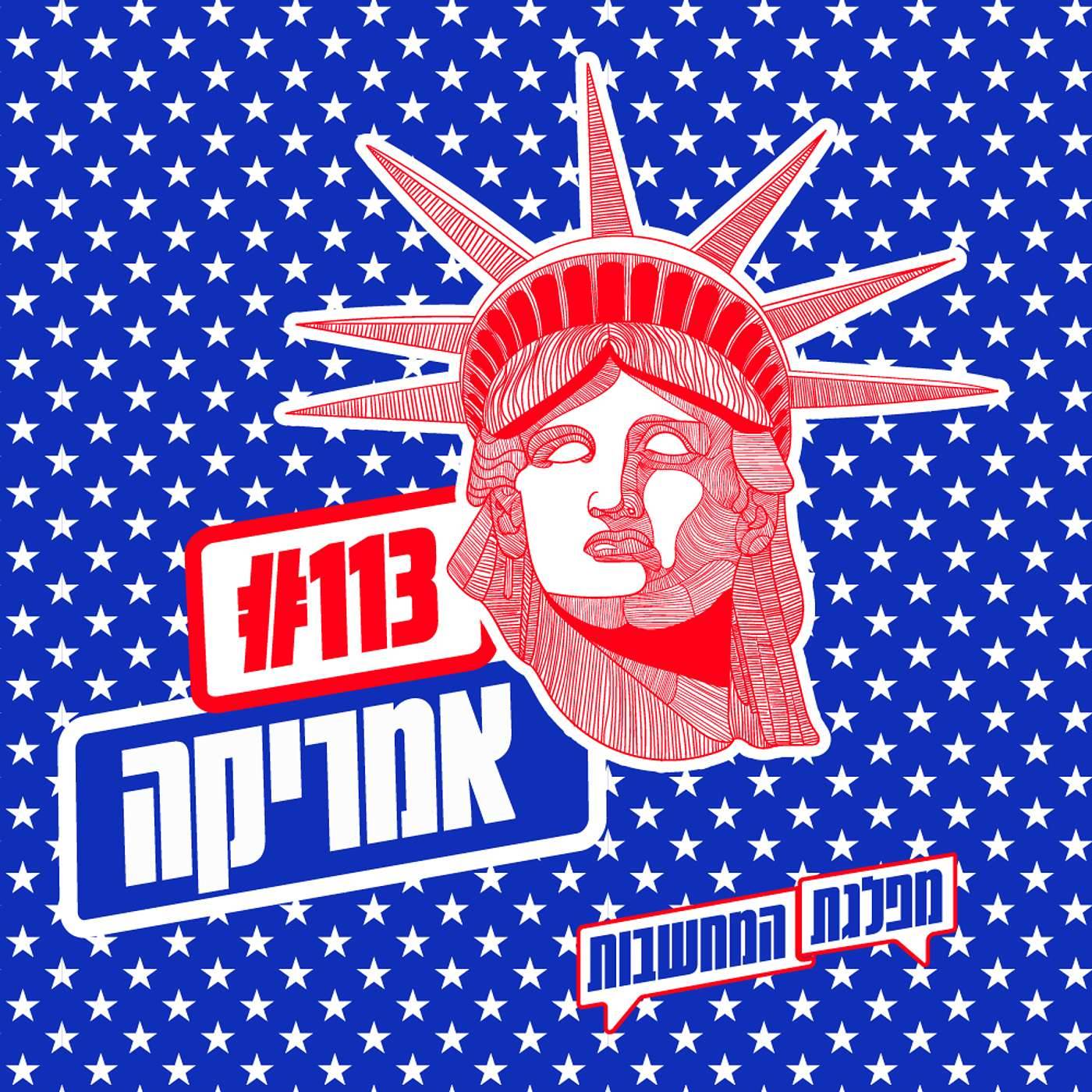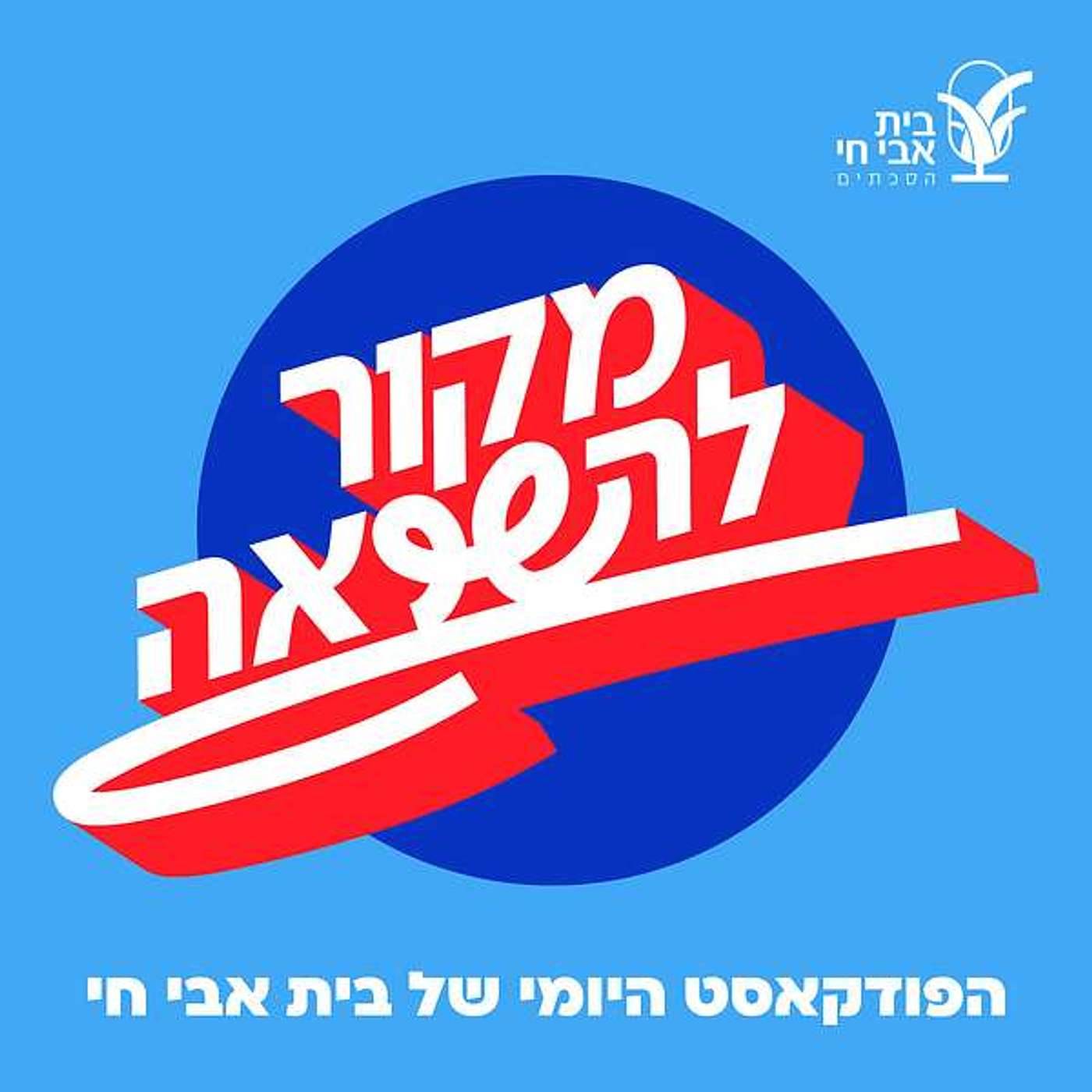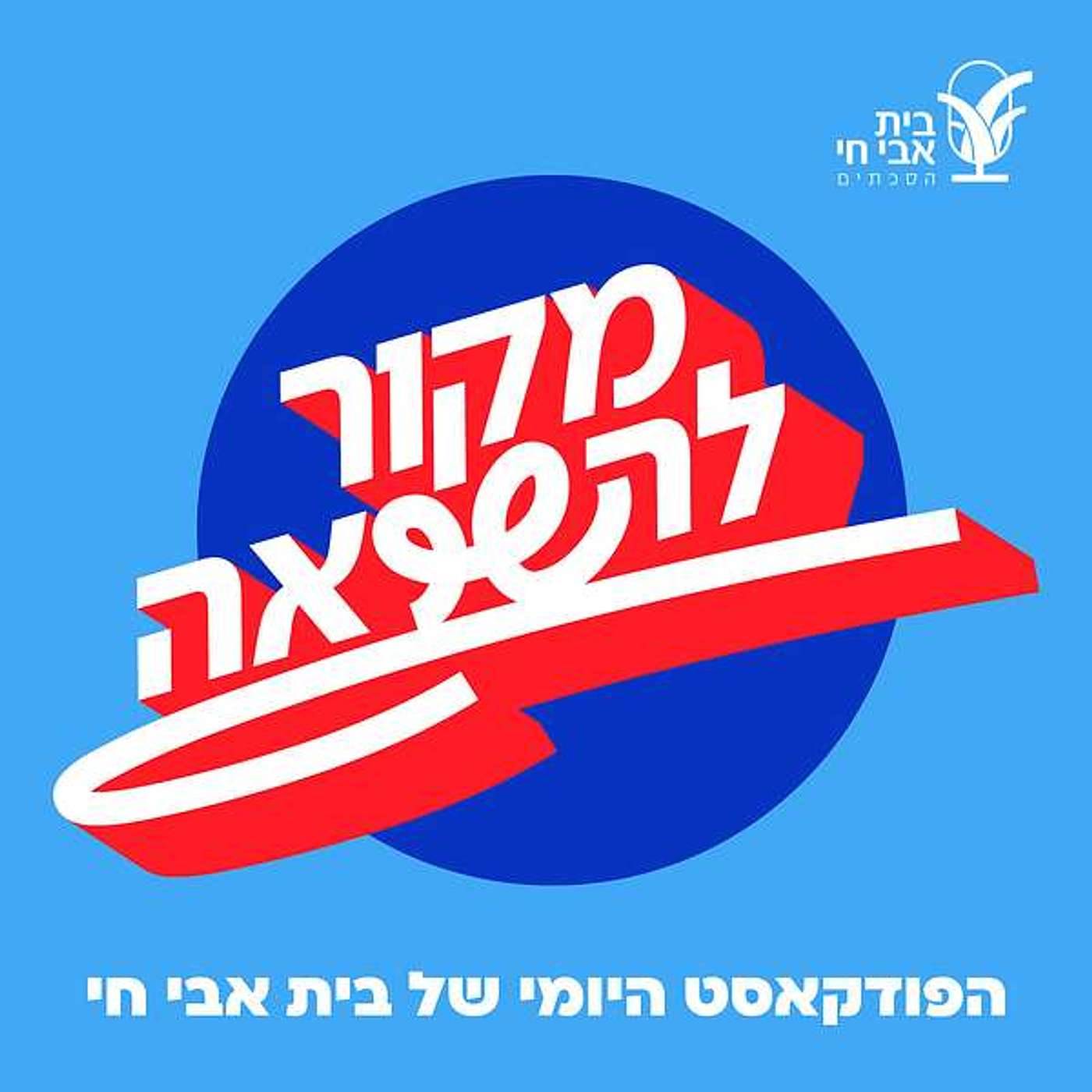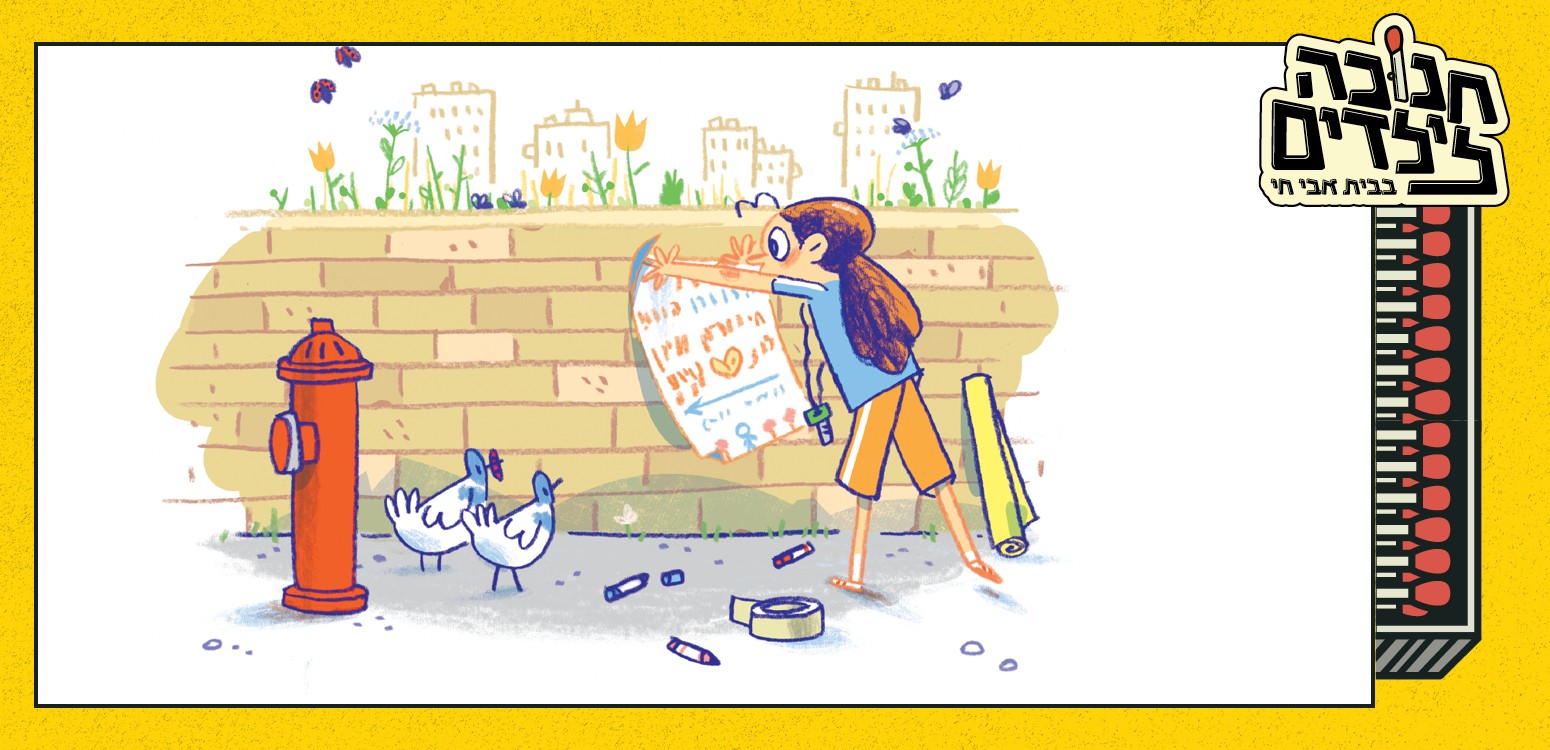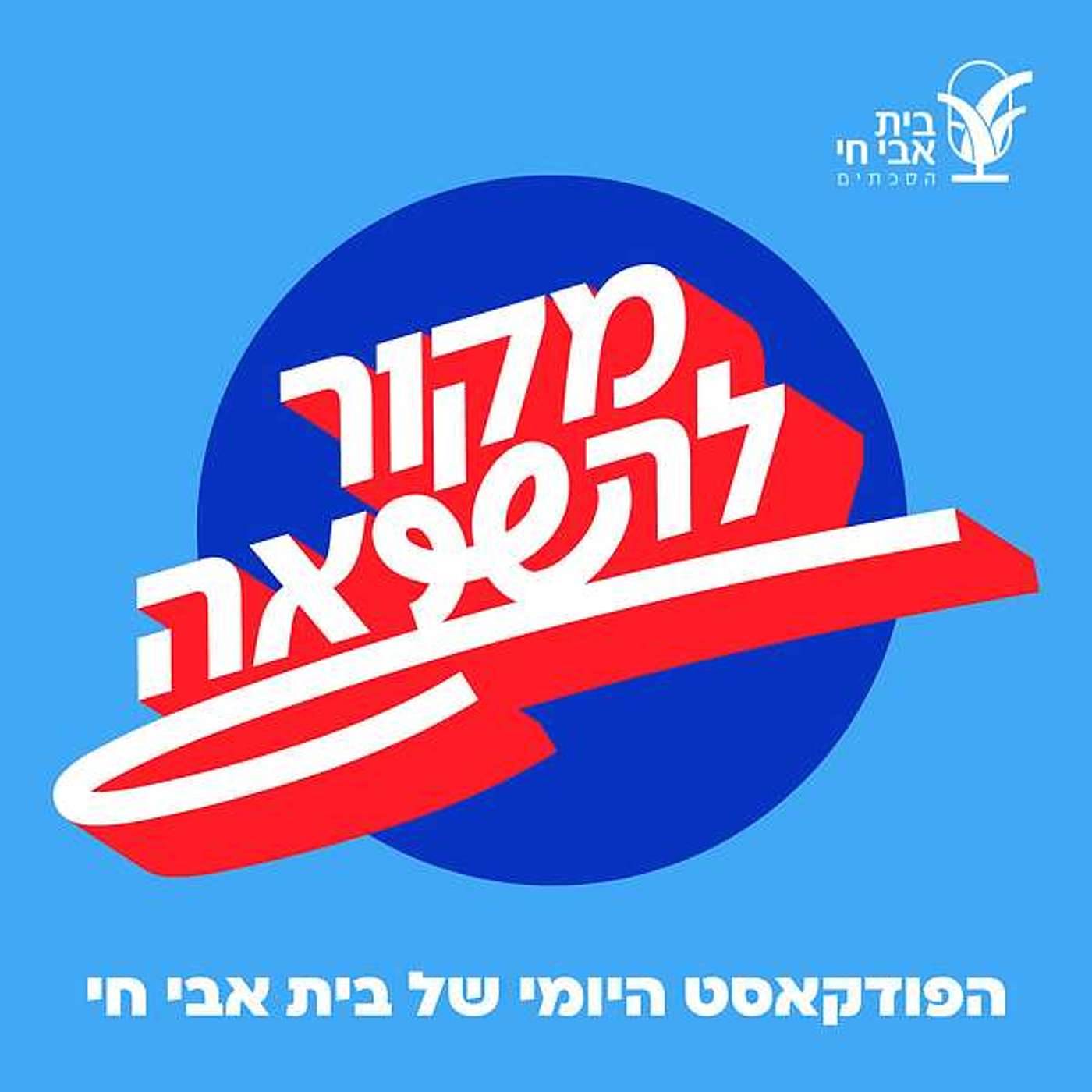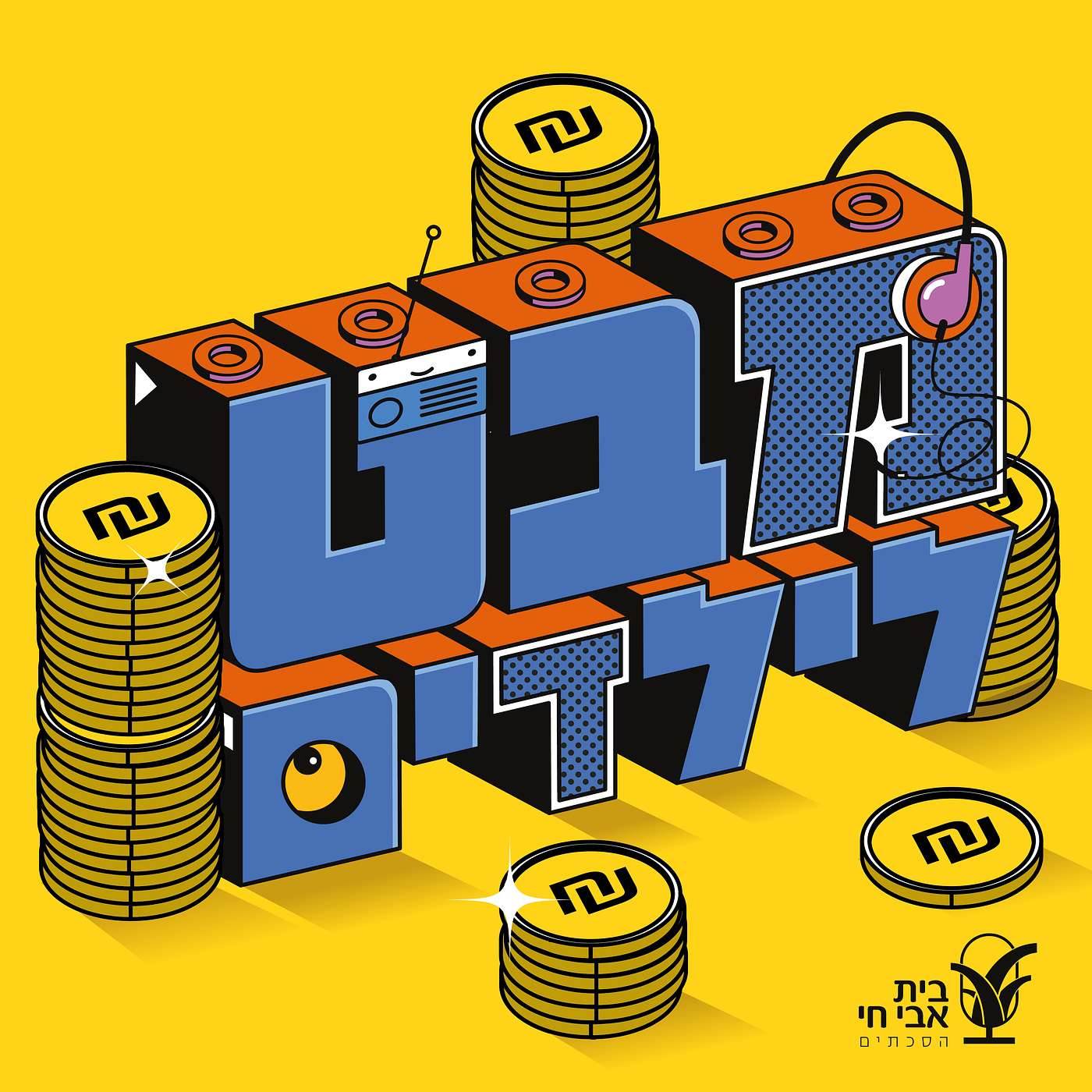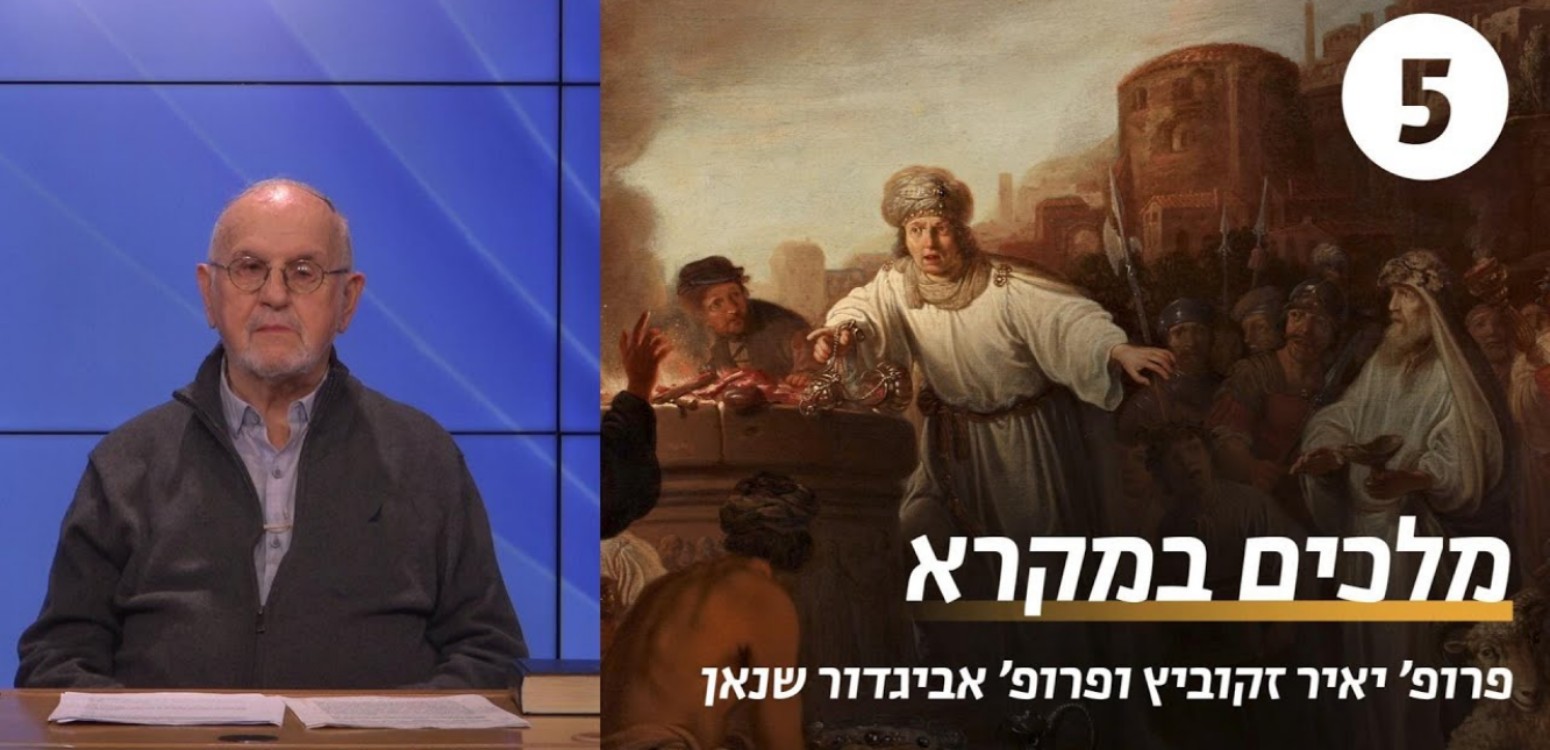
“Yom Kippur is Cancelled” is based on Sherry Ansky’s last memory of her brother Reuven Gvaryahu who didn’t return from the Yom Kippur War. Creator: Shachar Tel-Dan
In memory of Reuven Gavaryahu
On Yom Kippur 1973, Sherry Ansky ate the salad that her brother dreamed of eating. The memory of a brother who didn’t come back and of a green salad with a lot of garlic and lemon becomes an animation clip.
A Green Salad – Sherry Ansky
Yom Kippur was a holiday that I really loved. All of the neighborhood were in white clothes and running shoes. They would go up in a procession to the hill of Hebrew University. There in a building shaped like a white dome was our synagogue. The adults would pray and we, the kids, would fool around – climbing on the dome, trying to fast, showing one another our dried-out tongues and playing hide-and-seek.
Below the synagogue was a stone bench, hidden in the bushes, which looked out onto our neighborhood. There I would hide and make requests to God. Even when I grew up and stopped playing hide-and-seek, I continued to sit on the bench and make requests.
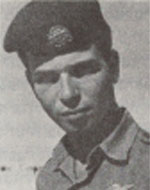 Reuven Gavaryahu z"l |
On Yom Kippur 1973, at that spot, I asked God to find me a boyfriend. At that very moment, my big brother Reuven found me and asked who I am whispering to. I told him but I didn’t tell him my special wish because then it wouldn’t be granted.
Later, I asked him what he would most like to eat at that moment. He didn’t want to tell me. He was even a little angry. But after I begged him, he said: “A green salad, with lots of garlic, lemon juice, parsley, and a small red pepper.”
After he left, I came down from the hill by way of the fields so that I wouldn’t be seen and I prepared that salad. I didn’t find parsley in the fridge, so I cut some from the neighbor’s garden – adding insult to injury.
While I was eating, the telephone rang. I froze with fear. I was sure that it’s God on the line and that he’s going to tell that I will be punished. So I didn’t answer. I quickly hid the peelings and cleaned up. I cleaned the plates and put them away. But then the telephone rang again. Someone wanted to talk to my big brother. I told him that he is in synagogue and he said to run there immediately and tell him to urgently call his unit and that I should write down the telephone number. I told him that I can’t write because it’s Yom Kippur. And then he almost shouted at me: “Don’t make me crazy, Yom Kippur is cancelled. Get a pen and write this down.”
With the note in my hand, I ran to the synagogue. “Yom Kippur is cancelled,” I shouted at everyone. I told my brother to run home and call his unit. He look me straight in the eye and said: “You ate a salad.” That was the last thing he said to me. He never returned home.
On Yom Kippur in 1973, Sherry Ansky ate the salad that her brother had dreamed of eating. A memory of a brother who didn’t come back and a finely chopped green salad with garlic and lemon became an animation clip. Sherry Ansky describes her brother Reuven Gvaryahu.
Reuven Gvaryahu z”l
20th of Iyar 5707 (April, 22, 1947) – Hoshana Rabbah 5734 (October 17, 1973)
When you read the many memories written down about Reuven Gvaryahu, you discover that he was a really rare person – good-hearted and giving. And more than anything else – modest. To the point that even in the eulogy that my father wrote for him you could detect the surprise. “We, the parents of our sons the heroes, we are the plain Jews, the simple ones. And here, from the stories that we have heard from the soldiers, his comrades in arms, we are getting a picture of our sons as fearless and daring warriors. And there are parents among us who wonder: Who gave birth to these boys who showed such determination and heroism?...The truth is that our sons, like us, like everyone, are simple Jews. However, our sons love the State of Israel, our homeland, the heritage of our forefathers, and when they felt that their country, the land of their heritage, is in danger, they were elevated to a higher level of fighting ability, of resourcefulness and of heroism. This elevation is the solid foundation on which is based the strength and existence of the State of Israel.”
Reuven, son of Leah z”l and Hemi Gvaryahu, was born on the 20th of Iyar 5707 (April 22, 1947) in Jerusalem. He attended the Maale Elementary School and the Kol Torah Yeshiva in the city and finished his studies at the Einot Agricultural School. He was a good student and determined and got high grades. Reuven was also an athlete and participated in many competitions at school. He was known as being very sociable and active among his friends and acquaintances, who viewed him as a leader. He was tall and handsome but at the same time modest. He had self-confidence; he was serious about life and was full of life and he was always ready to help.
Reuven joined the army in early August 1967 and volunteered for the Armored Corps. After finishing basic training, he did a series of courses: parachuting, sabotage, commando and tank radioman. His commanders admired his abilities and sent him to infantry officers course. After finishing that course he was sent to the commando officers course. He was then assigned to the armored corps commandos in the position of operations officer and assistant commander of the commando company, with the rank of first lieutenant. He was an outstanding soldier and a respected officer. He never had to force his authority or opinion on anyone since he was endowed with natural leadership ability and authority. In the War of Attrition, he served as the commander of the Commando Unit and once he organized a Passover Seder for his men out in the open, in the middle of a march.
After he was discharged from the army, he got married in the Old City of Jerusalem. He wanted to demonstrate his family’s deep connection to a united Jerusalem, since his parents had gotten married in the same place. Reuven was always careful not to worry his family. He wrote or called home at every opportunity in order for them not to worry and when he went to war he did everything he could to calm them down.
In the Yom Kippur War, Reuven participated in the rearguard actions and the counterattack against the Egyptians in Sinai. On Hoshana Rabbah 5734 (October 17, 1973) after 12 days of intense fighting in order to stop the enemy advance and push it back, Reuven was fighting in the area of the Chinese Farm, prior to crossing the canal. It was a superhuman effort to stop the tanks of the Second Army from breaking through and to prevent the crossing of the canal. Reuven who was then the operations officer of the commando unit, was at the extreme end of the brigade’s sector and was blocking the advance of the enemy. His armored personnel carrier was hit and he was killed. He was buried in the military cemetery on Mount Herzl. He left behind his wife and daughter, parents, a brother and sisters. He was posthumously promoted to the rank of captain.
Shachar Tel-Dan and Ronen Jorat talk about “Yom Kippur is Cancelled”, the clip they created based on the story of Sherry Ansky, which was written in memory of Reuven Gvaryahu
The short story “A Green Salad” of Sherry Ansky does a good job of conveying the feeling of surprise that prevailed in Israel when the Yom Kippur War broke out. In the story, Ansky describes the last moments she spent with her brother before he was killed in the war, alongside her feelings of guilt for eating on Yom Kippur.
As part of the research, we went to Givat Ram in Jerusalem in order to get an impression of the view of the neighborhood. We decided to create a black-and-white clip, combined with narrative, which would convey a strong feeling of remembrance. We added a small touch of color in order to emphasize certain items.
Most animation clips that we create are intended for advertising or for children and naturally they are colorful, happy and quick. However, a clip that is about bereavement is meant to move the viewer. Despite its short duration, it had to be at the right pace and needed to present characters that convey emotion, in order that the viewer will experience it emotionally.
We hope that the clip succeeds in touching the viewers, some of whom certainly experienced the war in a personal way.
עוד בבית אבי חי

